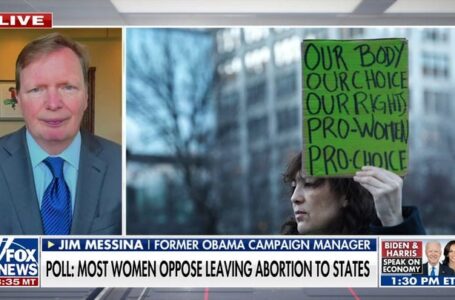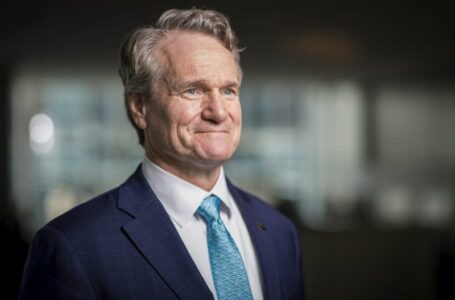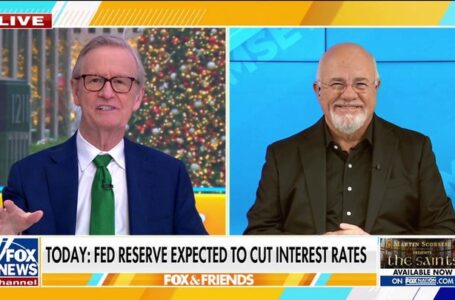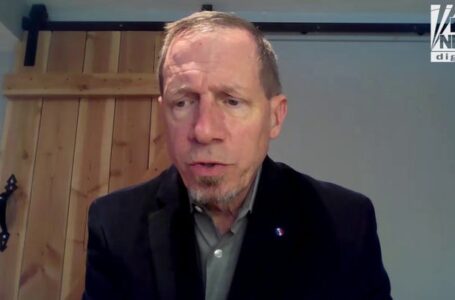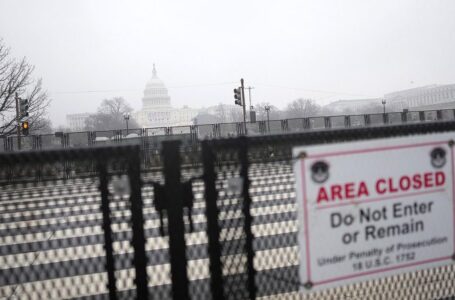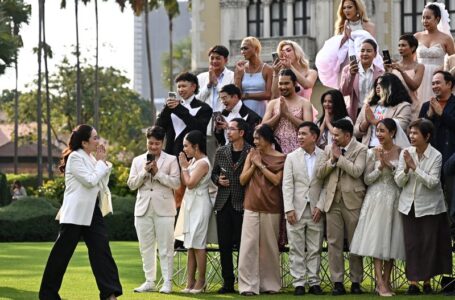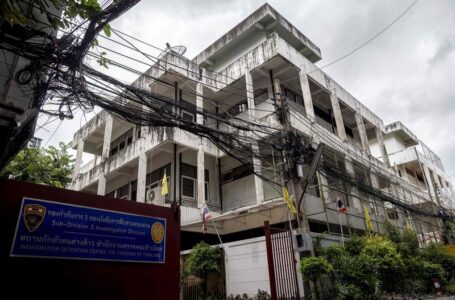Israel’s West Bank military operation draws lessons from Gaza war, defense minister says
UN watchdog warns time to ‘maneuver’ on Iran’s nuclear program is shrinking: report
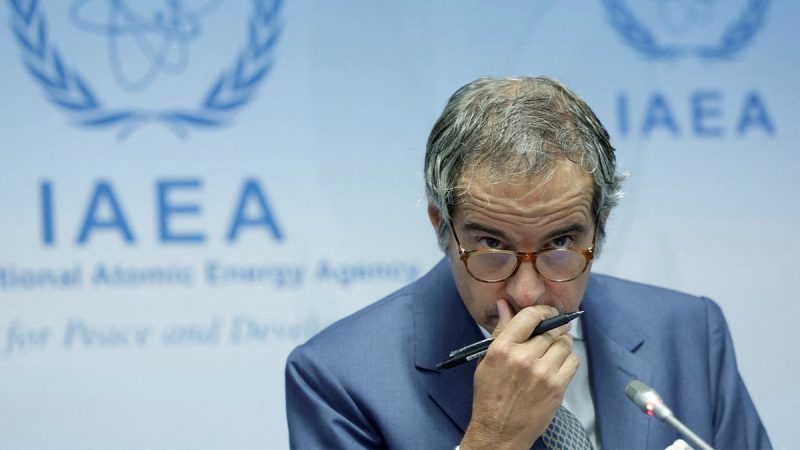

The head of the United Nations nuclear watchdog warned this week the window to ‘maneuver’ a diplomatic solution to halt Iran’s nuclear development was beginning to ‘shrink.’
Rafael Grossi, director general of the International Atomic Energy Agency, issued an urgent message in an interview with AFP at the COP29 climate summit in Baku.
‘The Iranian administration must understand that the international situation is becoming increasingly tense and that the margins to maneuver are beginning to shrink,’ he said.
‘It is imperative to find ways to reach diplomatic solutions.’
The warning came ahead of Grossi’s trip to Tehran this week for ‘high-level’ meetings with Iranian government officials, where he was set to hold ‘technical discussions’ relating to Tehran’s agreement under a March 2023 Joint Statement to adhere to IAEA safeguard parameters.
Grossi landed in Tehran Wednesday, and state media showed the IAEA chief meeting with the spokesperson for Iran’s state atomic energy agency, Behrouz Kamalvandi, upon his arrival.
In the lead-up to the meeting, Grossi said in a statement Sunday, ‘It is essential that we make substantive progress in the implementation of the Joint Statement agreed with Iran in March 2023. My visit to Tehran will be very important in that regard.’
The IAEA is further permitted to inspect all nuclear sites as a part of its safeguard duties, but Grossi told AFP, ‘We need to see more.’
‘Given the size, depth and ambition of Iran’s program, we need to find ways of giving the agency more visibility,’ he added.
Concerns over Iran’s nuclear program have remained heightened since the U.S. pulled out of the Joint Comprehensive Plan of Action (JCPOA), also known as the Iran Nuclear Agreement, in May 2018, despite IAEA assurances that Iran was not in violation of its nuclear agreements.
Grossi is expected to push Iran for increased access to its nuclear sites and for an explanation regarding the traces of uranium that have been found at undeclared sites, Reuters reported Wednesday.
The IAEA director general has been sounding the alarm for months that Iran’s nuclear program has essentially run unchecked since Tehran stopped adhering to its commitments under the JCPOA, and it has since increased its stockpiles of highly enriched uranium metals to 60% purity levels, just shy of the steps needed to reach weapons-grade uranium enriched to 90% purity.
Grossi’s trip comes at a pivotal time for geopolitical relations with President-elect Trump returning to the Oval Office come January, where he is expected to take a hardline approach when it comes to Tehran.
During his first term, President Trump maintained that the agreement was a ‘terrible deal’ cemented under the Obama administration by Secretary of State John Kerry and signed by Britain, France, Germany, Russia and China. Trump unilaterally withdrew the U.S. from the deal.
After the U.S. withdrawal, Tehran claimed the agreement had been voided and said it was no longer bound under the international nuclear agreement.
Despite the withdrawal by the U.S., the other international co-signatories, including Russia, urged Tehran to continue to adhere to the JCPOA, though, by 2022, Moscow dropped its diplomatic encouragement as tensions with the West escalated over its invasion of Ukraine.
Grossi told AFP the deal now sits as ‘an empty shell.’
According to Behnam Ben Taleblu, an Iran expert and senior fellow with the Foundation for Defense of Democracies, the best way to stop Iran from pursuing its nuclear ambitions is to move past the Biden administration’s ambitions to restore a nuclear deal and to rely on Cold War-era tactics of nuclear deterrence.
‘The irreversible and knowledge-based nuclear gains Tehran has made under Biden’s policy of maximum deference are what actually have shut the window for anything meaningful, even if only transactional with Tehran,’ he told Fox News Digital. ‘The incoming Trump administration will be faced with an increasingly risk-tolerant Islamic Republic that is either on the nuclear threshold and keen to exploit this status or one that will have weaponized.
‘Deterring and confronting such a regime will require pushing past Washington’s obsession with a deal and embracing other tools of national power.’
But the IAEA chief said he isn’t worried by the prospect of another Trump presidency despite the tense geopolitical framework he now operates under with the West’s unification against Russia and Iran amid the war in Ukraine and Israel’s fight against Tehran-backed proxies.
‘I already worked with the first Trump administration, and we worked well together,’ he said.


